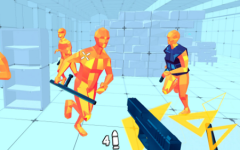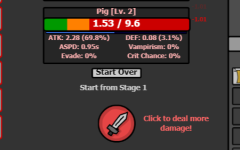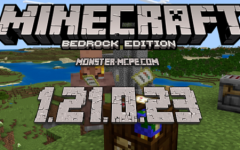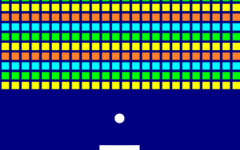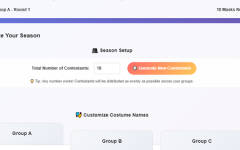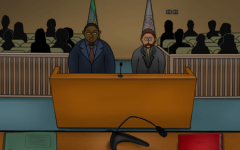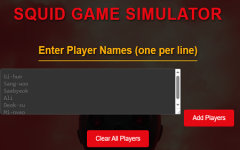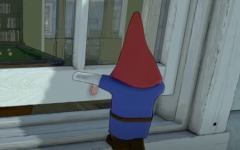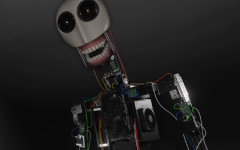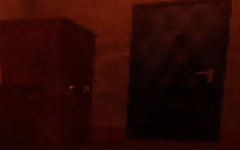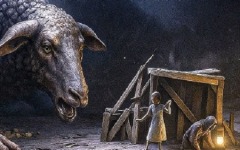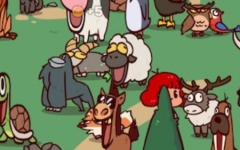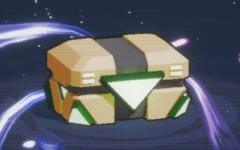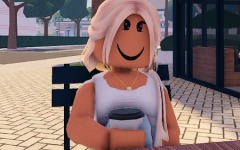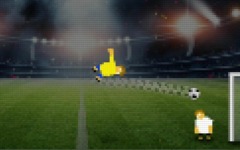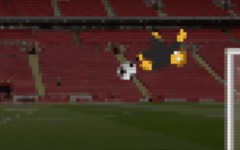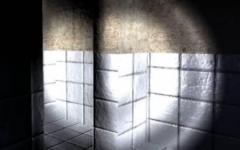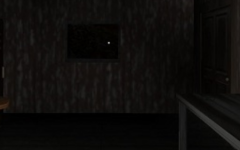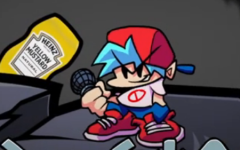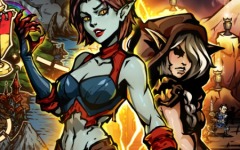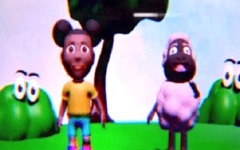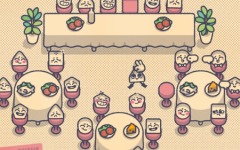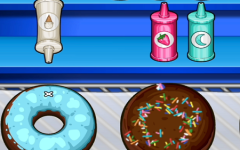Advertisement
Guess The Clash Royale Card Game
Advertisement
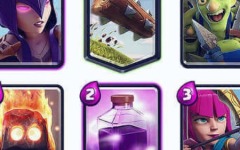
Guess The Clash Royale Card Game is a reasoning-based challenge that uses Clash Royale’s card mechanics as a foundation for logical problem-solving. At the start of each round, one card from the game’s roster is randomly chosen as the hidden target. The player’s task is to uncover it by entering card names and analyzing the clues given in response. Each piece of feedback reflects the relationship between the guessed and hidden cards — showing how they differ in elixir cost, rarity, or category. The aim is to reduce the number of possible answers step by step through observation and deduction.
Process Of Play
Each session in Guess The Clash Royale Card Game functions as a series of comparisons. The player begins by selecting any card as an initial guess. Once entered, the system evaluates it against the mystery card and provides analytical hints. For example, it may reveal that the secret card is rarer, uses less elixir, or belongs to another type, such as building or spell. With every new clue, the player reorganizes the available information and adjusts the direction of their reasoning, transforming vague assumptions into concrete hypotheses.
Structured Deduction
Progress in Guess The Clash Royale Card Game depends on interpreting clues systematically. Instead of focusing on luck, the game rewards logic and consistency. Each clue acts as a filter, helping the player eliminate impossible cards and concentrate on a smaller selection of possibilities. The process demands pattern recognition, attention to minor details, and deliberate sequencing of guesses.
A practical problem-solving flow can include:
- Selecting a diverse first card to receive broad feedback
- Tracking how elixir costs and rarity influence potential matches
- Comparing roles between troop, spell, and building types
- Discarding groups of cards that no longer fit the hints
- Testing refined candidates to confirm the final result
This logical framework allows the player to extract maximum information from each attempt while minimizing redundant guesses.
Game Variants And Play Styles
Guess The Clash Royale Card Game often appears in two common formats. The daily version introduces one shared puzzle every day, creating a recurring challenge that resets for all participants. The unlimited version, however, allows endless play without restrictions, suitable for extended sessions or practice. Some adaptations include modified rules, such as partial image clues or category-based puzzles, to increase variety and maintain interest.





















































































































